Description
Pine Oil Replacement has long been a staple in various industries, from cleaning products to pharmaceuticals, due to its powerful disinfectant properties, pleasant aroma, and natural origin. However, as industries and consumers move toward more sustainable and cost-effective alternatives, the demand for pine oil replacements has grown significantly. This trend is spurred by ecological concerns, raw material costs, and improved knowledge of greener, safer, and more effective solutions. In this article, we’ll examine the reasons behind this shift, the potential replacements for pine oil, and their benefits.
Why Replace Pine Oil?
Pine oil, derived from the pine tree (primarily Pinus sylvestris), is a natural product with a long history of use in cleaning agents, industrial lubricants, and healthcare products. However, several challenges have prompted industries to seek replacements:
Sustainability Concerns
The harvesting of pine trees for essential oils can result in deforestation and decreased biodiversity if not managed responsibly. With global sustainability initiatives gaining momentum, industries are being encouraged to opt for alternatives derived from renewable, eco-friendly resources.
Volatility in Supply and Costs
Pine oil production depends heavily on the availability of raw materials and favorable weather conditions. Any disruption in supply chains – such as those caused by climate change, economic instability, or export limits – can lead to significant fluctuations in price and availability.
Concerns About Safety and Efficacy
While Pine Oil Replacement is effective as a disinfectant, in some cases, it can cause skin sensitization and allergies among consumers. Some formulations may also fail to meet the latest regulatory standards for antimicrobial efficacy, leading companies to formulate products with more consistent and tested substances.
Consumer Preferences
The modern consumer is increasingly drawn toward products labeled as “hypoallergenic,” “plant-based,” or “free of irritants.” While pine oil is naturally derived, its aromatic compounds can be overpowering for some individuals, leading them to prefer fragrance-free or milder alternatives.
Innovative Pine Oil Replacements
Replacing pine oil does not mean compromising performance. In fact, many alternatives not only meet the same standards but often surpass them in terms of cost efficiency, safety, and sustainability. Here’s a look at some popular alternatives:
1. Synthetic Pine Oil Analogs
Synthetic formulations mimic the chemical structure of pine oil while eliminating its allergens and reducing its environmental impact. For example, terpenes such as d-limonene (found in citrus peels) are increasingly utilized in commercial applications for their antimicrobial and pleasant aromatic properties.
2. Essential Oils from Other Sources
Numerous plant-based essential oils have emerged as substitutes for pine oil. Tea tree oil, eucalyptus oil, and lavender oil offer comparable antimicrobial properties and superior fragrance while also catering to eco-friendly product formulations. These alternatives often come from more renewable sources and create less impact on forestry ecosystems.
3. Biosurfactants and Plant-Based Compounds
Another great option involves utilizing biosurfactants extracted from plants such as sugarcane or coconut, combined with cleaner synthetic cleaning agents. These ingredients provide excellent cleaning efficacy, surface compatibility, and environmental safety.
4. Alcohol-Based Solutions
Alcohol-based solutions, particularly those containing ethanol or isopropanol, are widely used in cleaning and disinfectant products. These are proven effective against a range of bacteria and viruses, with the added benefit of a quick-drying formula.
5. Hydrogen Peroxide and Peracetic Acid
For industrial disinfection where pine oil has been traditionally used, hydrogen peroxide or peracetic acid solutions have found favor as safer and more efficacious alternatives. Both are powerful oxidizing agents that leave no harmful residues behind after application.
Advantages of Replacing Pine Oil
Opting for pine oil replacements brings a host of benefits for manufacturers, consumers, and the environment:
Eco-Friendly Formulations: Using renewable sources or synthetic compounds reduces dependence on natural forests.
Cost Savings: Many alternative sources are less expensive and more readily available, reducing raw material costs.
Safety and Regulatory Compliance: Alternatives often meet more stringent safety and health requirements, reducing liability for manufacturers.
Wider Consumer Appeal: Products based on alternatives are often more versatile and hypoallergenic, catering to diverse customer preferences.
Applications and Use Cases
These pine oil alternatives are being adopted across an array of industries:
Home Cleaning Products: From floor cleaners to surface disinfectants, alternative oils and alcohol-based solutions are providing superior cleaning abilities.
Industries and Healthcare: Hospitals, manufacturing facilities, and commercial spaces are leveraging replacements like hydrogen peroxide for non-toxic, scalable disinfection.
Aromatherapy and Personal Care: Essential oils like lavender and eucalyptus have grown popular due to their therapeutic benefits and pleasant scents.
The Future of Pine Oil Replacements
The replacement of pine oil serves as a testament to the evolving priorities of industries and consumers alike. It underscores a paradigm shift toward sustainability, affordability, and safety in product development. As research continues to uncover innovative alternatives, we can expect even more cutting-edge solutions that balance effectiveness with environmental stewardship.
By embracing these changes, companies aren’t just keeping up with market demands – they’re shaping a greener, safer future. Whether you are a consumer or a business owner, adopting pine oil replacements is a step in the right direction.
Ultimately, the question is no longer if we should replace pine oil, but how soon we can embrace the many sustainable options available to us. The time to innovate is now.


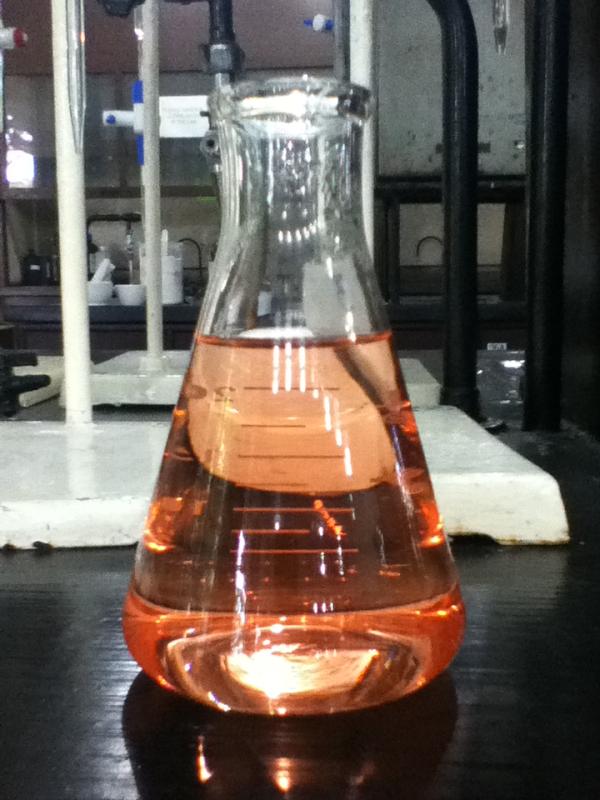
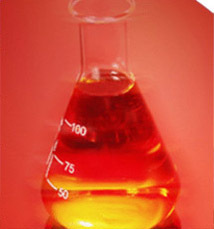



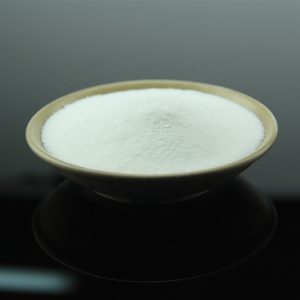
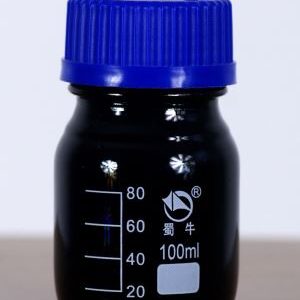
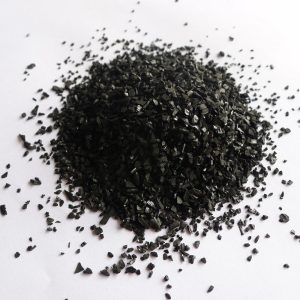
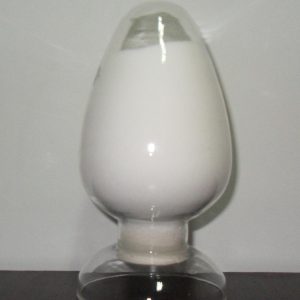

Reviews
There are no reviews yet.